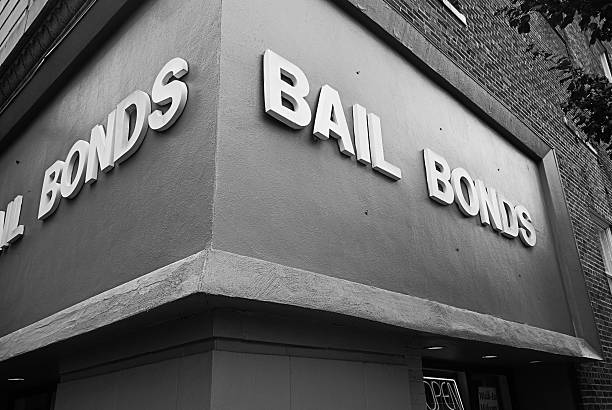
Committing a crime and being imprisoned is surely an uncomfortable and terrifying experience. But with our right to the presumption of innocence in Article 11 of the Universal Declaration of Human Rights, anyone charged with a penal offence is innocent until proven guilty, and may be allowed to post for temporary release. Fortunately, in some cases, you may be released temporarily until your trial. However, in return, you will be required to provide some sort of guarantee or security so as to assure them that you will return to face the charges against you. This type of assurance or security is what we know as “bail bonds”.
Bail bonds are a form of contract between the judge and the defendant that will be turned over to the court. Bail bonds are determined during a bail hearing. Cash, property, and signature bonds are among the usual types. In some cases, surety companies may also take action. In cases where a surety is involved, both the surety and the defendant must be present during the hearing. Information about the sources of fund of the collateral and the financial status of the defendant are considered for other cases of bail bond.
It is necessary to know and understand the various kinds and forms of bail available, once bail has been set. Cash bails include cash, checks, and money orders proven to be obtained by legal means. Property bonds are those real property that the defendants present as collateral for their total bail amount. When a defendant is financially not capable of complying with the the bail, he or she may take into consideration paying 10% of the total bail amount to a legal third party company that will take full responsibility of paying for the total bail amount. There are also cases where the defendant need not to pay for bail, rather, he will have to sign the proper forms and legal papers with the conditions for release.
The Best Advice About Options I’ve Ever Written
After the defendant has been released temporarily, he is required to attend all court hearings and proceedings, and meet the conditions stipulated and agreed during the bail hearing. In case the defendant skips a hearing, the bail bond is considered to be in default. In that case, there are a few options to fix the problem. Unfortunately, once you have tried all the possible options and none has worked out after the statutory period by the court, the bail bond will be forfeited regardless of all possible circumstance.5 Key Takeaways on the Road to Dominating Businesses